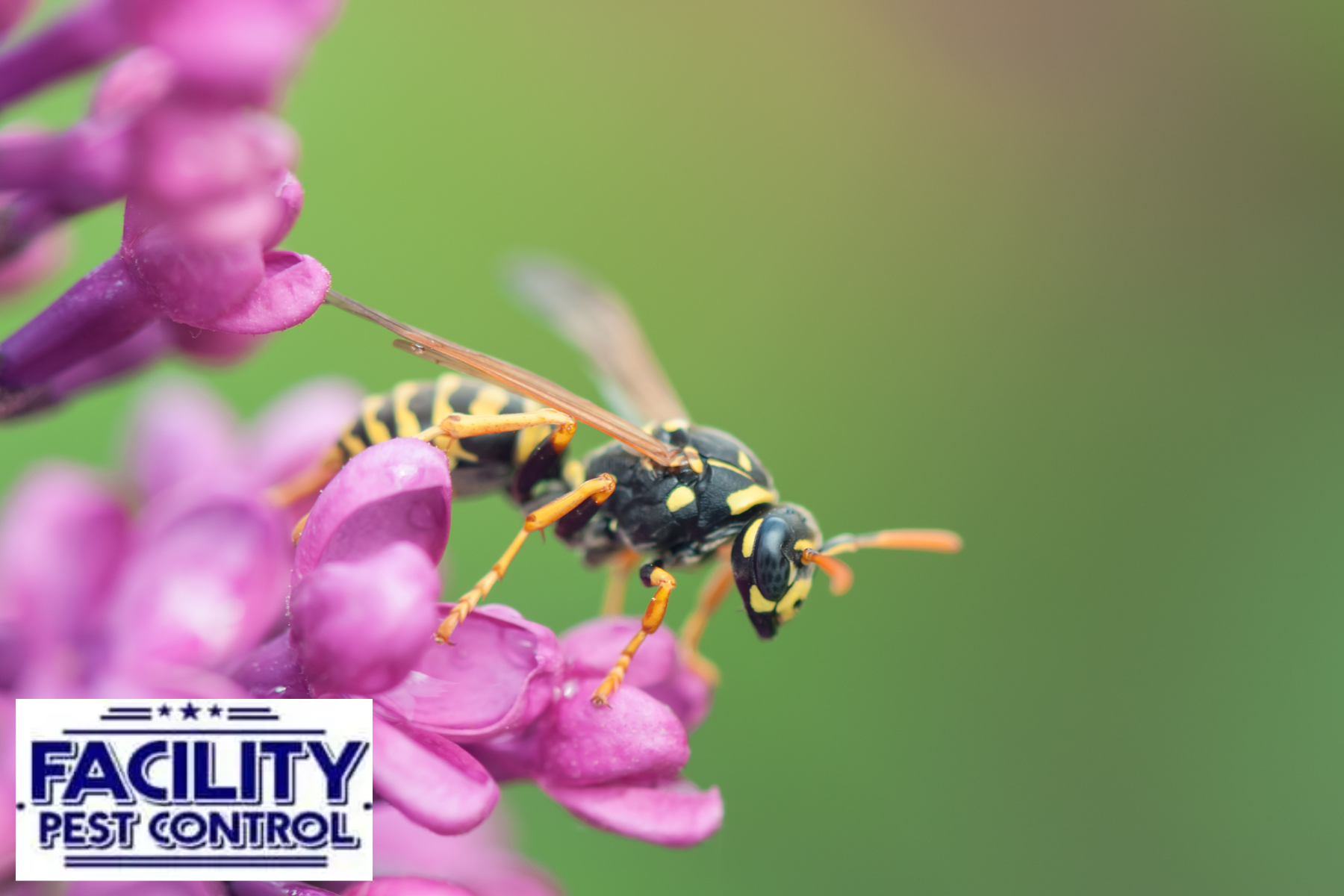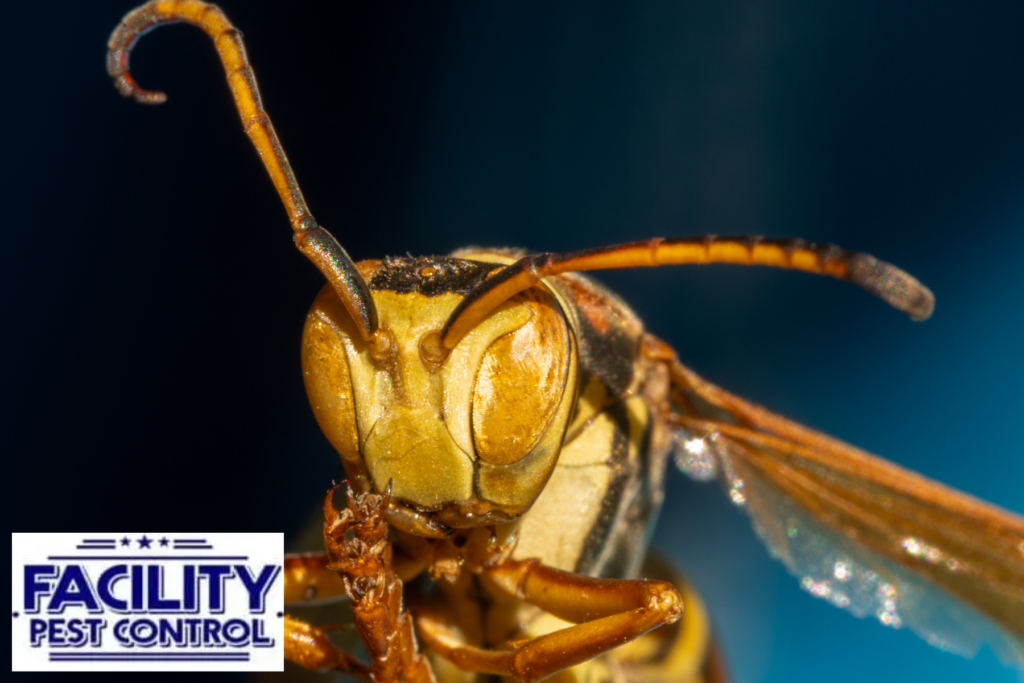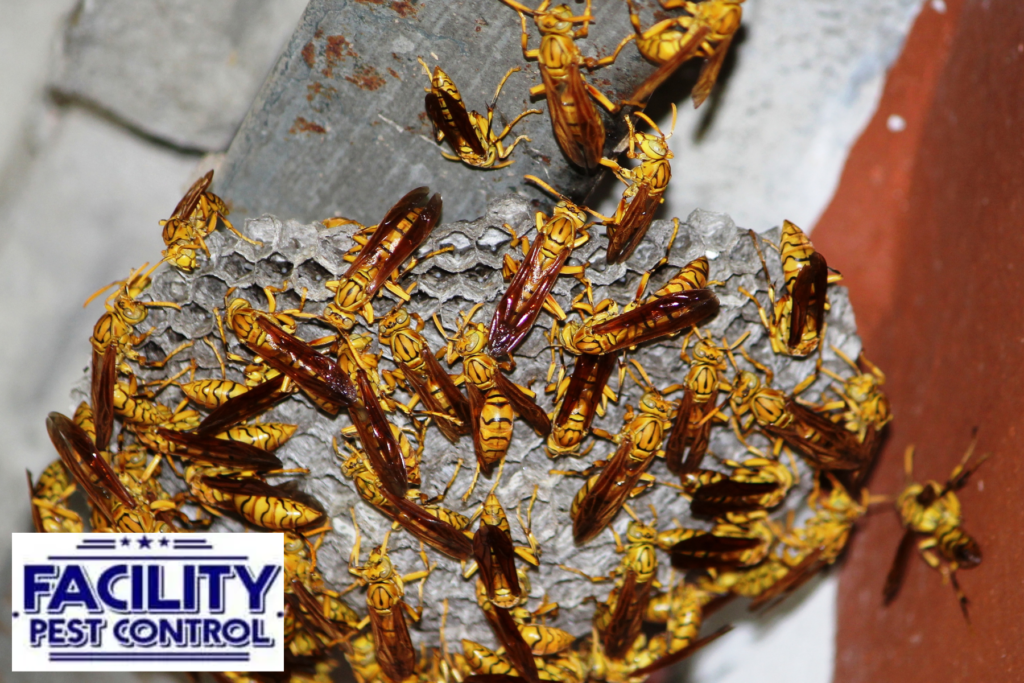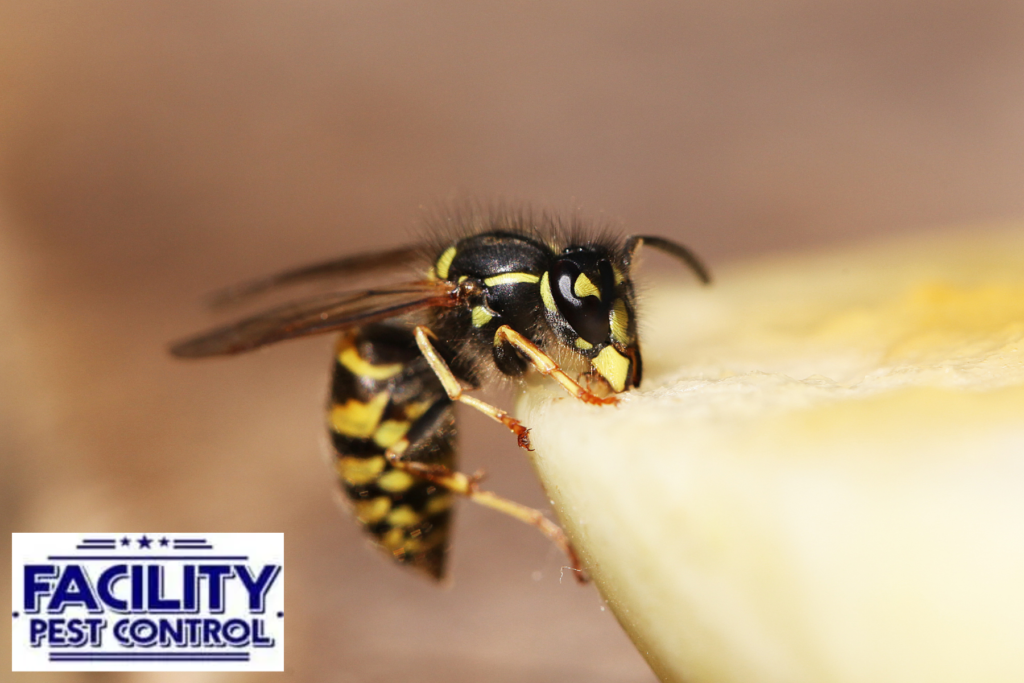Wasps are often seen as a nuisance, particularly when they build their nests too close to our homes. However, their short yet intense lifespan plays an integral role in their behavior and life cycle. The lifespan of a wasp can vary greatly depending on the species, environmental factors, and their role within the colony. Understanding the lifespan of wasps and the various stages of their life cycle can provide valuable insights into pest control and prevention strategies.
In this article, we’ll explore the lifespan of various wasp species and the factors that influence their short life cycle, offering a deeper understanding of these fascinating insects.
The Life Cycle of a Wasp
The lifespan of a wasp can differ depending on the species and the role of the individual wasp within its colony. Wasps go through several stages of development, from egg to adult, and the length of each stage varies. Here’s a breakdown of the typical life cycle of a wasp:
1. Egg Stage
Female wasps lay eggs in the early spring or late winter. These eggs hatch into larvae, which will eventually grow into adult wasps. The egg stage is very brief, typically lasting only a few days, before the larvae begin to develop.
2. Larvae Stage
After hatching, the larvae are fed by worker wasps until they are ready to pupate. This stage can last anywhere from a few weeks to several months, depending on the species and environmental conditions. The larvae go through several molts as they grow, feeding on other insects or sugary substances provided by the workers.
3. Pupation Stage
Once the larvae are fully grown, they enter the pupation stage, where they transform into adult wasps. This process can take a couple of weeks. During pupation, the wasp will undergo significant physical changes, including the development of wings and reproductive organs.
4. Adult Stage
After pupation, the wasp emerges as an adult. It will now take on its role within the colony. Worker wasps live for a few weeks to a couple of months, depending on the species, while queen wasps can survive for much longer, especially in environments with abundant resources.
The Average Lifespan of Different Wasp Species
Wasps are classified into two main groups: social wasps and solitary wasps. Their lifespans can vary greatly based on their role in the colony and their species. Let’s take a closer look at how long different wasp species typically live.
1. Social Wasps
Social wasps, such as yellowjackets and hornets, live in large colonies and work together to maintain and defend their nests. The lifespan of social wasps depends on their role:
- Queen Wasps: The queen is the longest-living member of the colony. A queen wasp can live up to one year, with some surviving through the winter to start a new colony the following spring. After mating, the queen hibernates until the weather warms up again, at which point she starts laying eggs.
- Worker Wasps: Worker wasps typically have much shorter lifespans, ranging from several weeks to a few months. Their job is to forage for food, defend the nest, and care for the larvae. By the time fall comes, many of the workers die off as the colony begins to break down.
- Drone Wasps: Drone wasps, whose sole purpose is to mate with the queen, usually live for a few weeks. They die shortly after mating with the queen.
2. Solitary Wasps
Unlike social wasps, solitary wasps do not live in colonies. Instead, each female wasp builds and cares for her own nest. Solitary wasps have relatively short lifespans, typically living only a few weeks. However, their life cycle is still fascinating to observe.
- Female Solitary Wasps: Female solitary wasps typically live for several weeks, during which time they create nests, lay eggs, and care for the larvae. These wasps are generally active during the warmer months and die off after completing their reproductive tasks.
- Male Solitary Wasps: Male solitary wasps have much shorter lifespans and usually live only for a few days to a couple of weeks. Their main job is to mate with the female wasps before they die.
Factors That Influence Wasp Lifespan
While the species plays a major role in determining how long a wasp lives, several environmental factors can influence their lifespan as well.
1. Weather and Climate
Wasps are cold-blooded creatures, meaning that temperature directly affects their activity levels and lifespan. In colder climates, wasps will not survive the winter, and only the queen will hibernate. In warmer regions, wasps are more likely to survive throughout the year, though their life cycles are still closely tied to seasonal changes.
2. Availability of Food
The availability of food can significantly impact a wasp’s lifespan. Wasps that have access to abundant food sources are more likely to survive longer. During the warmer months, when food is plentiful, worker wasps will live longer and be more active. However, if food sources become scarce, wasps may die off more quickly.
3. Predation and Pesticides
Wasps face threats from predators like birds, mammals, and other insects. Additionally, human intervention, such as using pest control Beverly Hills services or DIY wasp treatments, can reduce their lifespan. Wasps that are targeted by predators or exposed to pesticides often die prematurely.
4. Colony Dynamics
The overall health of the colony also plays a role in how long individual wasps live. If the colony is thriving, the queen and worker wasps may live longer. However, when the colony starts to decline or face environmental stressors (such as food scarcity or excessive heat), wasp lifespans can be cut short.
How Long Do Wasps Live Indoors?
Wasps that build nests inside homes or buildings have a different life cycle compared to their outdoor counterparts. Generally, how long do wasps live indoors is a question that depends on several factors, including the location of the nest, temperature, and availability of food. Wasps in indoor nests are often able to live longer during the colder months since the controlled environment allows them to survive through the winter. However, they typically do not live as long as those in outdoor colonies, since they rely on human intervention for food.

Why Understanding Wasp Lifespan is Important for Pest Control
Understanding the lifespan of different wasp species and their life cycles is important for managing infestations. If you notice an increase in wasp activity around your home, it could be an indication of an established nest. Professional wasp control near me services can help eliminate wasp nests before they grow too large and become more challenging to handle. Using the right treatment at the right time is crucial for preventing dangerous infestations.
If you’re dealing with a wasp problem, how long do wasps live should be considered when choosing the best course of action. Professional pest control experts can assess the situation and implement the necessary treatments to ensure your home is safe from wasps.
About Facility Pest Control
At Facility Pest Control, we specialize in providing tailored pest control solutions to ensure your home or business remains pest-free. Whether you’re dealing with wasps, ants, spiders, or other pests, our expert team is equipped to handle the situation safely and efficiently. We offer comprehensive services, including monthly, hybrid, and bi-monthly pest control options, all backed by a 30-day guarantee. For reliable service, contact your trusted exterminator Beverly CA, for professional pest control solutions.




